Before we begin
What are the first words that come to mind when you hear or read the word “addict?” Is there an addict in your life, perhaps across the table from you or sitting inside your own skin even as you read this? What has loving/hating/enduring/adoring/being with this person taught you about yourself, about life, the healthcare system, our society, or anything at all? When has this person surprised you?
Welcome! You’ve reached Spark. Learn more here or just read on. If you received this from a friend, please join us by subscribing. It’s free! All you have to do is press the button below. If you have already subscribed, welcome back! BTW, If this email looks truncated in your inbox, just click through now so you can read it all in one go. Better yet, just click on the sound link and listen!
Hi Everyone,
Thank you for the wonderful exchange of the past two weeks on the subject of community here in Spark and in
‘s You Think Too Much. Your comments took the conversation further and made it richer. I look forward to exploring more subjects in this way. This week, though, I want to share the third interview in the Spark Interview Series focusing on San Diego writers. This time, the writer is Jim Ruland who was not, initially, a fan of this city (the Navy had something to do with it, he says) but then he fell in love, got married, and brought his talent south. Now he has a long-distance relationship with Los Angeles where he came of age as a writer and where he set his newest novel, Make It Stop, due out April 25th from Rare Bird Lit, just one of the places where you can pre-order your copy now. For more info and highlights from our interview, scroll down. We’ll join you in the comments section!Melanie Marsh: an anti-heroine to love
There are plenty of memoirs, movies, and films about addiction. I don’t know of many novels that make an addict the hero of the story – and make that story as fun to read as it is thought-provoking. Jim Ruland’s newest novel, Make It Stop, is one part thrill ride, one part social commentary, totally driven by characters who make you love them and root for them as they take on the bad guys while struggling to remain sober. It’s also laugh-out-loud funny and unexpectedly poignant. I found myself laughing the hardest just before Ruland served up a line that cleaved open my heart.
Set in “near-future” Los Angeles, the story involves a group of addict vigilantes who rescue patients kept prisoner in rehabs by a corporate chain that will not release anyone who can’t pay their bills in full. During a case, Melanie Marsh, the heroine, uncovers a darker agenda: to expand the policy to all hospitals and to fill them with addicts to a new, highly seductive and destructive drug. She has to infiltrate the world of the villains to bring them down, putting herself and her sobriety at risk.
I recently spoke with Jim about Melanie, and the long journey this book has taken from idea to printed page along with how his own relationship with alcoholism and sobriety informed this book. We also covered his journey from mediocre student and sailor to a writer who has published with major and independent publishers and continually feeds his fascination for James Joyce, nautical adventures and, always, punk rock. To listen, click on the link above or the video below. Scroll down for highlights, more information about Jim, his work, and where to find him online or on tour. Make It Stop is out on April 25. You can also click here to order your copy. And if you’d like to read what Jim wrote about this journey, check out these two posts from his weekly newsletter, Message from the Underworld: An Unhealthy Dose of Skepticism and Make It Stop.
Highlights from our conversation
The seed
“I was reading the LA Times many many years ago, and I came across this article about this horrific situation in, I believe it was Nigeria, where women in maternity hospitals were being basically held hostage. Their families had to pay their bills in full before they could leave with their children, a real horrific situation. And I was like, oh man, that could never happen here. And then I started to think it's like, well, could it ? I started to think about, you know, some of the most vulnerable people in our society. And if there's going to be these draconian policies, that's where you kind of see them rolled out first, right? With people who don't have a say, people whose bodies are being legislated and their futures are being determined by the bottom line of corporations, people who are having mental health crises, who suffer from addiction issues.”
When he was struggling with the writing, Melanie kept him going
“I think lots of times with fiction projects I write a draft and I'll be unhappy with something and I'll put it aside. I have another book to work on, another project, and then that takes up my attention. Or, you know, like, like all writers, you have an idea for a short story or something else, and you chase that like a kid chasing butterflies, right? The new thing is always the most appealing thing, right? But the concept of this story was really strong. I really liked the idea, I just wasn't really ever satisfied with any of the drafts but when it just wasn't working, it was Melanie that kept me going. I thought, I gotta get this right. I can’t abandon Melanie in this mess. I have to get her through it.”
How did Melanie come to be?
“Well, I am a recovering alcoholic and I think that's also pretty obvious from anyone who read my previous novel, the Forest of Fortune.There’s a character in there named Pemberton whose experience really mirrors my own. I didn't want to put another recovering alcoholic or addict at the center that I might be tempted to imbue with my own experiences. So it was kind of a logical choice to focus on a woman.”
Routines, traveling, and getting the writing done
“The thing I found about routines is that, um, they're kind of like drugs and that they work for a while and then they don't work anymore and you gotta find something else. I was working at an agency when I wrote, Giving The Finger and, um, I had a really tight deadline and I, and I, I remember I spent multiple nights like sleeping in the office, like, uh, in, you know, by my cube and getting up and finishing it, you know, just. I just thought, why commute when I can just get up early and stay late and work on it? And um, uh, and I have never done that again. And nor do I ever want to do that again.
“I keep a journal and this giant Word file that's getting to be several hundred thousand words long, which is just where I write: where I'm going, what I'm thinking about, what I’m feeling. I can, pour everything out, or if I'm really excited about something or an idea I just put it there. Oftentimes the things that I write there make their way into my newsletter, Message From the Underworld, or lots of times I'll be like, gee, I don't know how to start this book review. And then I just start writing it. So, um it’s (the journal) kind of an informal place where I get a lot of writing done is not the official version that ends up getting published. But it is a way to be thinking about things and not being too precious about opening up a file and being ‘now is my novel time.’ It’s more about being engaged in ideas, seeing, how to express them, and, also, not forgetting it. Then later you can work with that material in a different way when you have a different setting or a different opportunity, like more time or you’re home.”
On writing before and after becoming sober
“The writing became so much more honest because when I was an alcoholic…Because I had a job, I had a family, I had a lot of things that I was afraid to lose. So I was keeping the extent of my drinking a secret …I was just consumed with them. It was just all these secrets and by giving up alcohol, I just lost so much fear in my day-to-day life. The place where I noticed it the most, or at least first and foremost, was in the writing…I wasn't afraid of being found out for what I really am anymore and that was a huge gift. I'm always worried about saying “was” because it is a gift…, sobriety is precious and it's a day-to-day thing. I've got a little over 14 years and it's really just, 14 years of making the choice every day.”
Los Angeles, San Diego: both are home
“I came of age as a writer when I was living in Los Angeles. That's where my professional life began, and where I was writing for zines and writing short stories… I was a big fan of the writer, Lawrence Wesler. I interviewed him one time and he said something that really struck me, which was that a writer should have a voice in the community in which they live…And I was like, oh, wow. You're absolutely right. So I began to seek writing reviews in the LA Times and the LA Weekly … When I was curious about a writer or a project or a book, [it was good] to be able to amplify that curiosity for other people. And then I was able to do the same thing here in San Diego with my book review column in San Diego City Beat. When City Beat went away, so did that book review and I really missed it. After that I started Message From the Underworld.”
Advice
“Read everything you can. Sometimes you meet young writers who say, oh, I don't wanna read, cuz I don't want other people's styles to influence me. It's like, that's why you read, you read to see how to do it. That's the only way you find out, by reading, not by writing. So that's the big advice. And then the other one is don't be in such a hurry to publish, unless you're publishing yourself, in which case do it today.”
What he’s reading now
“I'm on a pretty big crime kick because I am writing another crime novel, so I’ve been kind of purpose-driven in that respect. Not that he needs publicity, but Don Winslow is a pretty outstanding crime novelist and one that works on a grand scale. I've reviewed his work for the LA Times before and it's always impressive what he does with character and these big, broad stories, you know, like James Elroy kind of things… tons of characters, lots of things happening, many, many moving parts. Some darkness, some humor. He's someone that I definitely look up to in terms of crime writing. You'll find a bunch of crime novels in my stack right now: Everybody Knows by Jordan Harper which is, I think, destined to win a bunch of awards in 2023. My friend sent me a couple books by Eddie Little, a kind of a forgotten crime novelist from LA, so I read all kinds of stuff. There's a friend of mine, uh, who I meet for coffee with here because he has a studio space downtown, not far from where I am most days, his name is Ryan Griffith who runs Relics of the Hypnotist War, which is an incredible narrative-driven art space that would take me an hour to describe and really is something that has to be experienced. I would encourage you all to Google relics of the hypnotist war and check it out when you’re in San Diego.”
Recommended visit: The Relics of the Hypnotist War
More about Jim Ruland
For the latest news and updates about Jim’s books and his upcoming tour for Make It Stop, subscribe to Message from the Underworld.
Jim Ruland is the author of the LA Times bestseller Corporate Rock Sucks: The Rise & Fall of SST Records, the award-winning novel Forest of Fortune and the short story collection Big Lonesome. He is the co-author of Do What You Want with Bad Religion, My Damage with Keith Morris, founding member of Black Flag, Circle Jerks and OFF!, and Giving the Finger with Scott Campbell, Jr. of Discovery Channel’s Deadliest Catch.
Jim writes about punk and pop culture for Razorcake — America’s only non-profit independent music zine. He also writes book reviews and author profiles for the Los Angeles Times and the Los Angeles Review of Books. Jim’s work has appeared in numerous publications, including The Believer, Electric Literature, Esquire, Granta, and Oxford American, and has received awards from Reader’s Digest and the National Endowment for the Arts.
Jim is a veteran of the U.S. Navy and has worked for advertising agencies, entertainment enterprises, and the gaming industry. He is available for copywriting, ghostwriting, editing, and consultation. He lives in Southern California and is an avid enthusiast of punk rock music, tattoo culture, and strong coffee.
Where to find him:
Twitter: @JimVermin
Instagram: JimVermin
Goodreads: Jim Ruland
While we are on the subject of sobriety, creativity, and San Diego…
Obretta Di Dio talked to comedians about the challenges of performing sober in this excellent contribution to Ryan Bradford’s AwkwardSD :San Diego’s Most Anxious Voice.
Spark is Yours: Chime In
Have you just finished a book you loved? Tell us about it. Got a great resource for readers or writers? Share away! How about sharing your book stack with us, that tower of tomes rising next to your bed or your bath or wherever you keep the books you intend to read – someday. And if you stumbled on a Moment of Zen, show us what moved you, made you laugh, or just created a sliver of light in an otherwise murky world.
Thank you and Welcome
Thank you to everyone who shared Spark with a friend again this week. It’s so encouraging to see the community growing. Welcome to all new subscribers! Thank you so much for being here. If you would like to check out past issues, here’s a quick link to the archives. Be sure to check out our Resources for Readers and Writers too.
That’s it for this week. Let me know how you are and what you’re thinking about. And of course, always let me know what you’re reading. If there’s an idea, book, or question you’d like to see in an upcoming issue of Spark, let us know!
Remember, If you like what you see or it resonates with you, please share Spark with a friend and take a minute to click the heart ❤️ below - it helps more folks to find us!
Ciao for now!
Gratefully,
P.S. And now, your moment of Zen…finding peace in the rain
Jeannette M. found peace in the steady onslaught of atmospheric rivers here in Southern California. She snapped this from Windnsea Beach, where she watched lilstened to, “the sound of waves rolling in and subsiding, the rain drumming ever so softly on the car's roof, the chatter of people walking by, the pattern of raindrops, and a bird using the upwind for his flight.”
Calling for Your Contribution to “Moment of Zen”
What is YOUR moment of Zen? Send me your photos, a video, a drawing, a song, a poem, or anything with a visual that moved you, thrilled you, calmed you. Or just cracked you up. This feature is wide open for your own personal interpretation.
Come on, go through your photos, your memories or just keep your eyes and ears to the ground and then share. Send your photos/links, etc. to me by replying to this email or simply by sending to: elizabethmarro@substack.com. The main guidelines are probably already obvious: don’t hurt anyone -- don’t send anything that violates the privacy of someone you love or even someone you hate, don’t send anything divisive, or aimed at disparaging others. Our Zen moments are to help us connect, to bond, to learn, to wonder, to share -- to escape the world for a little bit and return refreshed.
Thanks for reading Spark! Subscribe for free to receive new posts and support my work.
And remember,If you like what you see or it resonates with you, please share Spark with a friend and take a minute to click the heart ❤️ below - it helps more folks to find us!


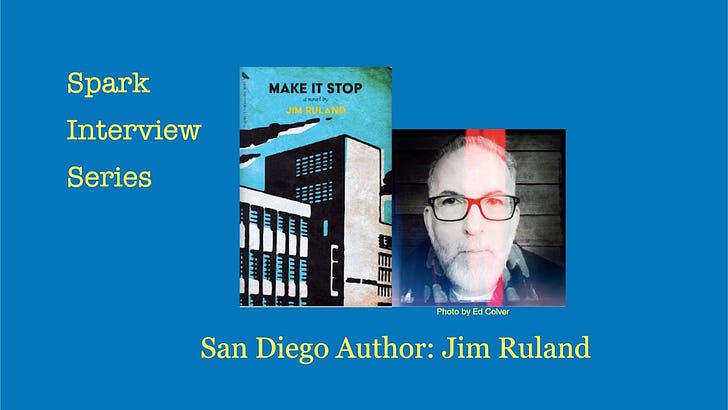

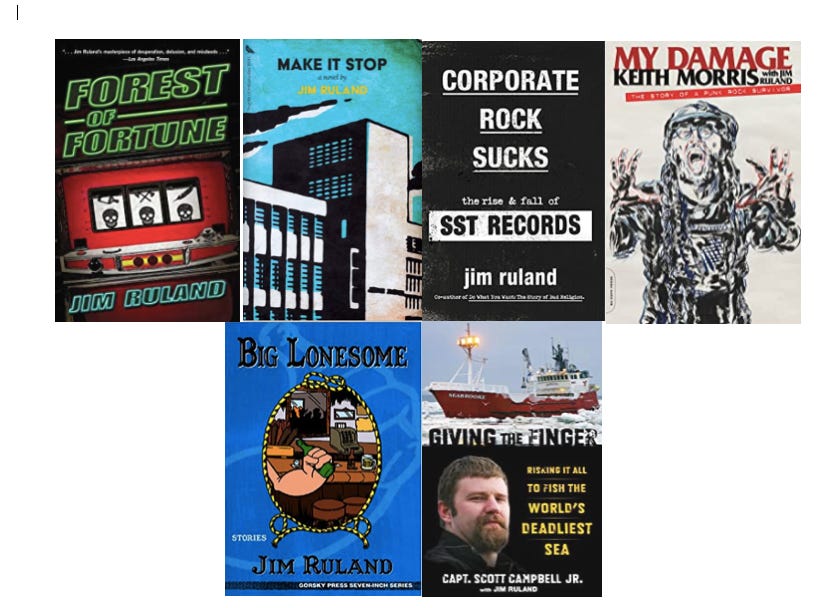
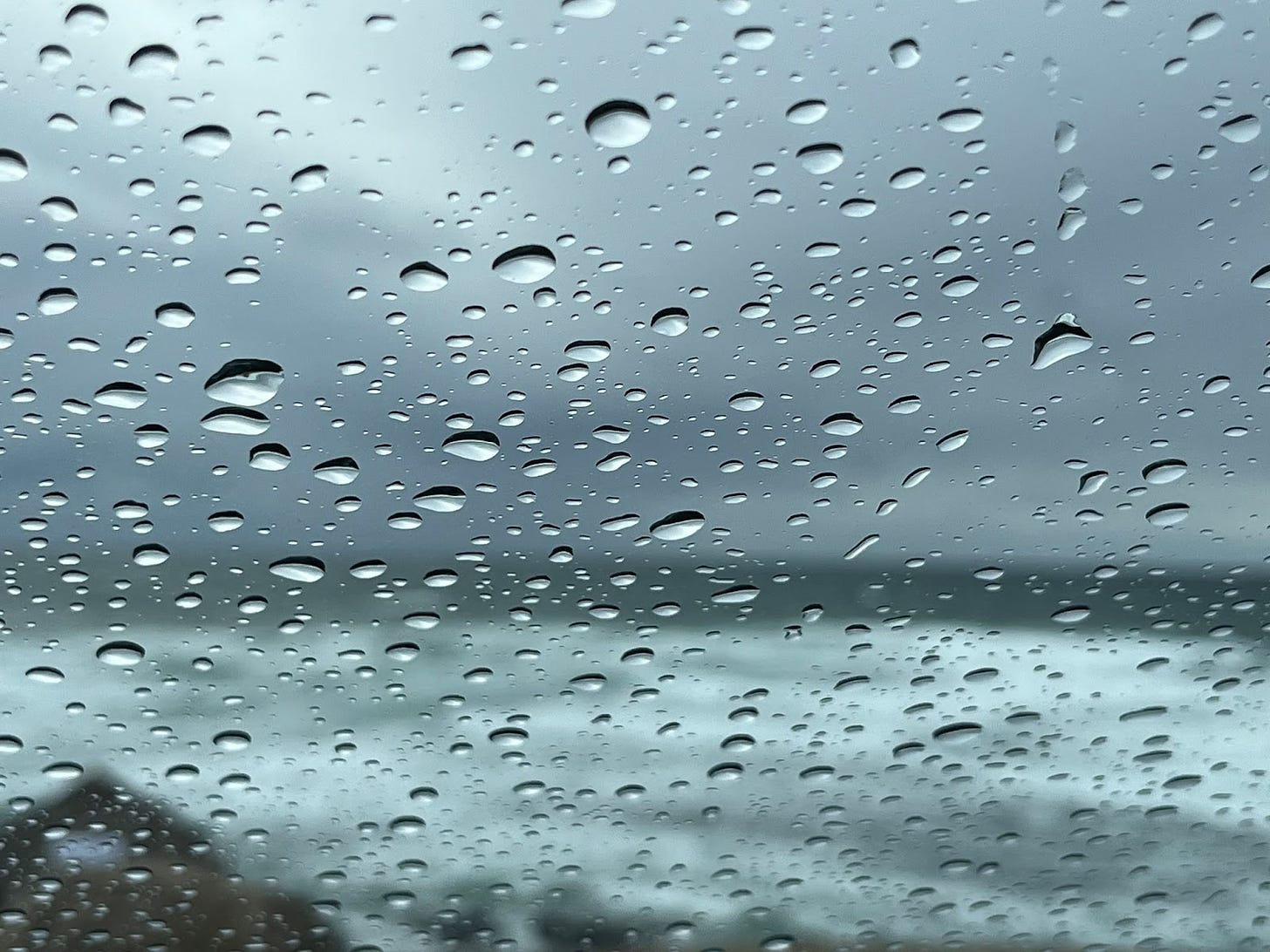


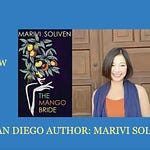
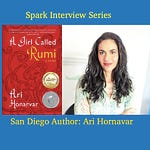
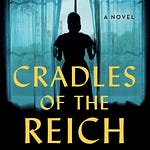
Share this post